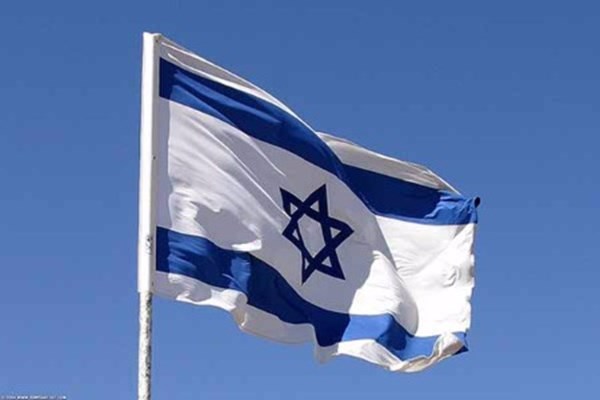Israel limits Russia ties to critical security concerns amid Iran tensions, says Ambassador
Israel maintains communication with Russia strictly based on vital interests, says Israel’s ambassador to Ukraine, Michael Brodsky, in an interview with ZN.UA.
“We are deeply concerned about the cooperation between Russia and Iran, especially in the military sphere. We have openly expressed this on multiple occasions. Iran poses a major threat to us in the Middle East; it supports terrorism and seeks nuclear weaponry. If it acquires nuclear arms, it will be a massive destabilizing factor in the Middle East. Therefore, Israel has repeatedly stated it won’t allow Iran to become a nuclear state,” emphasized the ambassador.
Brodsky states that Israel hopes Russia will not choose to support the Iranian nuclear program, a path leading nowhere. This stance, the ambassador adds, has been communicated to Russian officials for many years, with the hope that Russia heeds Israel’s arguments.
Anticipation surrounds the upcoming BRICS summit in Kazan, where a Russian-Iranian comprehensive cooperation agreement may be signed. Speculations about the document’s contents abound. In this context, Brodsky was asked if Israel would sever diplomatic ties with Russia should it sign the most radical version of the agreement with Iran.
“Let's not engage in hypothetical discussions about an agreement that doesn’t yet exist. We maintain contact with Russia based on our vital interests, which focus on ensuring Israel's security,” responded the ambassador.
He further commented on Russia’s significant role in the Middle East, particularly regarding Syria, an area of Israeli interest where a new launchpad for Iranian attacks is prevented.
“There are 600,000 Jewish people in Russia, and their safety, alongside the ability for them to move to Israel if necessary, is important for us,” Brodsky added.
Simultaneously, the ambassador pointed out that relations with Russia have been impacted by its full-scale invasion of Ukraine and Russia’s stance following October 7, 2023, when Hamas brutally attacked Israel.
“We have openly expressed our strong disapproval of the invitation extended to Hamas leaders to Moscow, as we see it as indirect support for terrorism. Our ambassador in Moscow has repeatedly highlighted this. We believe Russia’s stance on the Middle East situation is unconstructive and overlooks Israel’s security interests. Russia’s voting against Israel at the UN isn’t welcomed by us either,” noted Brodsky.
Brodsky also labeled Moscow’s statement that eliminating a Hezbollah leader was just another “political assassination” as indirect support for terrorism.
In addressing what actions Israel has taken beyond verbal discontent regarding Russian actions, Brodsky highlighted that while Israel hasn’t formally sanctioned Russia due to lacking such mechanisms, they adhere to the sanctions imposed by the U.S. and Europe. Therefore, Israeli trade relations with Russia have been minimized.
“A special department within the Ministry of Foreign Affairs ensures Israeli official and private sectors do not bypass American and European sanctions imposed on Russia post the Ukraine war's onset. Our contacts with Russia are indeed reduced to the essential minimum,” concluded Brodsky.
It's crucial to note that the Arab-Israeli conflict currently remains unresolved, according to the ambassador. It will persist as neighbors aim for Israel’s destruction. Peace can only be reached when they acknowledge Israel’s existence in the Middle East and construct normal diplomatic relations with it.
Moreover, Israel doesn't fear reduced U.S. aid, as the international relations are grounded in mutual interests. Brodsky believes the likelihood of diminished U.S. military and political support following upcoming elections is slim.
